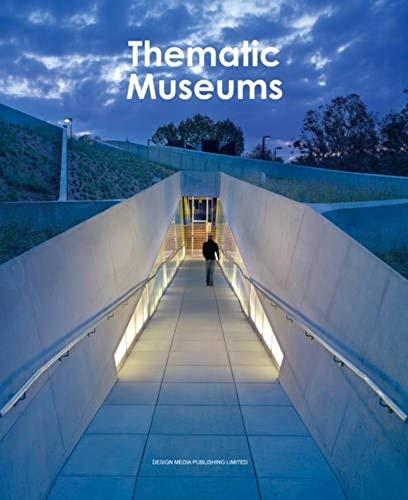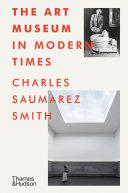Arts , Museum studies
The Louvre : The History, The Collections, The Architecture
Every year, more than ten million visitors from around the world visit the Louvre s 68,000 square meters of gallery space containing more than 35,000 works of art. The Louvre is widely considered the most innovative of the world s preeminent museums. This gorgeous tome is a celebration of an enduring institution and the magnificent works of art that it houses. Rather than showing only isolated images of the artworks themselves, this book shows many of the pieces in the context of the beautiful galleries and spaces where they live, to give the reader an experience similar to being at the Louvre. The Louvre explores the eight centuries of fascinating history surrounding the museum, which began in the Middle Ages as a fortress, then became a royal residence which continued to enlarge, expand, and develop over the centuries with the most brilliant architects and painters being called to work on this architectural masterpiece. In 1793, the Louvre confirmed its role as a temple of the arts when it was made the first national museum open to the public. From then on, its collections continued to grow from its roots in the old royal collection, benefiting from acquisitions, archaeological discoveries, donations, and bequests. Centuries of growth, evolution, and transformation culminated in the 1980s with the Grand Louvre project symbolized by I.M. Pei s world-famous and critically acclaimed modernist pyramid.
- Bresc-Bautier, Genevieve
- Rizzoli International Publications
- 616
- Hardback
- 9780847868933
Subcategories












